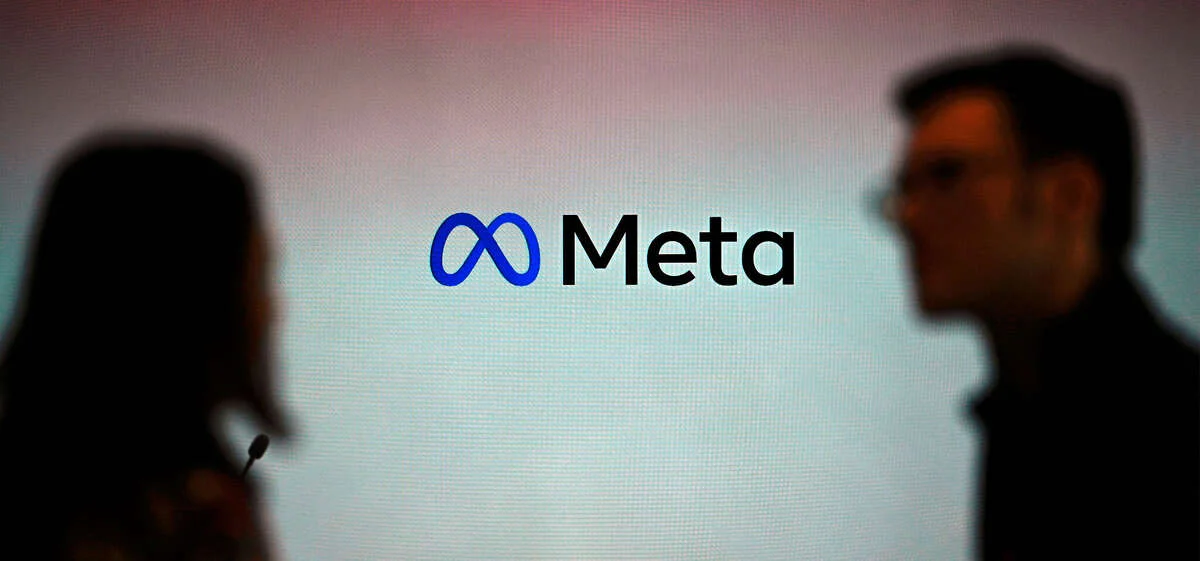Meta, the parent company of social media giants Facebook and Instagram, is now at the center of a legal storm. Over 40 US states have jointly filed a lawsuit accusing the tech behemoth of deceptive and harmful practices that are allegedly exploiting vulnerable youth for financial gain. This sweeping legal action brings into sharp focus the growing concerns about the impact of social media on young people.
The lawsuit, filed in federal court in California, contends that Meta has consistently misled the public about the serious risks associated with its Social Media Platforms. The accusations revolve around Meta’s alleged pursuit of maximizing profits, with little regard for the potential harm caused to the well-being of young users.
In an announcement about the lawsuit, New York Attorney General Letitia James asserted, “Kids and teenagers are suffering from record levels of poor mental health, and social media companies like Meta are to blame.” She highlighted the claim that Meta deliberately engineered its platforms with manipulative features, creating addictive behaviors among children and negatively affecting their self-esteem.
The legal action calls for the federal court to take action, compelling Meta to halt what it describes as manipulative practices, and to impose substantial financial penalties and restitution. Attorney General James stated, “Social media companies, including Meta, have contributed to a national youth mental health crisis and they must be held accountable.”
Some US states have already passed laws that prevent social media platforms from allowing minors to use their services without parental consent. The lawsuit intensifies the scrutiny on the tech industry’s role in safeguarding the well-being of its young users.
In response to the legal challenge, Meta expressed disappointment and emphasized that the states were not collaborating with a broader range of social media companies to establish age-appropriate standards. The company defended its efforts to support teenage users, citing the introduction of over 30 tools in its apps and making it easier for parents to monitor their children’s online activities.
Meta argued that it was disheartening to see attorneys general focus solely on Meta when similar concerns apply to competitors such as TikTok, YouTube, and Snap. The company further contended that social media platforms can serve as support networks for young individuals dealing with challenges in their lives.
This legal confrontation follows a nationwide investigation initiated in November 2021, sparked by Facebook whistleblower Frances Haugen, who exposed over 20,000 pages of internal documents that raised questions about the company’s commitment to user safety. Haugen’s revelations ignited a global debate on the responsibilities of social media companies, ultimately leading to changes in the industry.
As the legal proceedings continue, it underscores the mounting pressure on the tech sector to address its impact on the mental health and well-being of young users. The outcome of this lawsuit could set a significant precedent for the broader industry and its responsibility toward its users, especially the youth who have grown up in the digital age.




